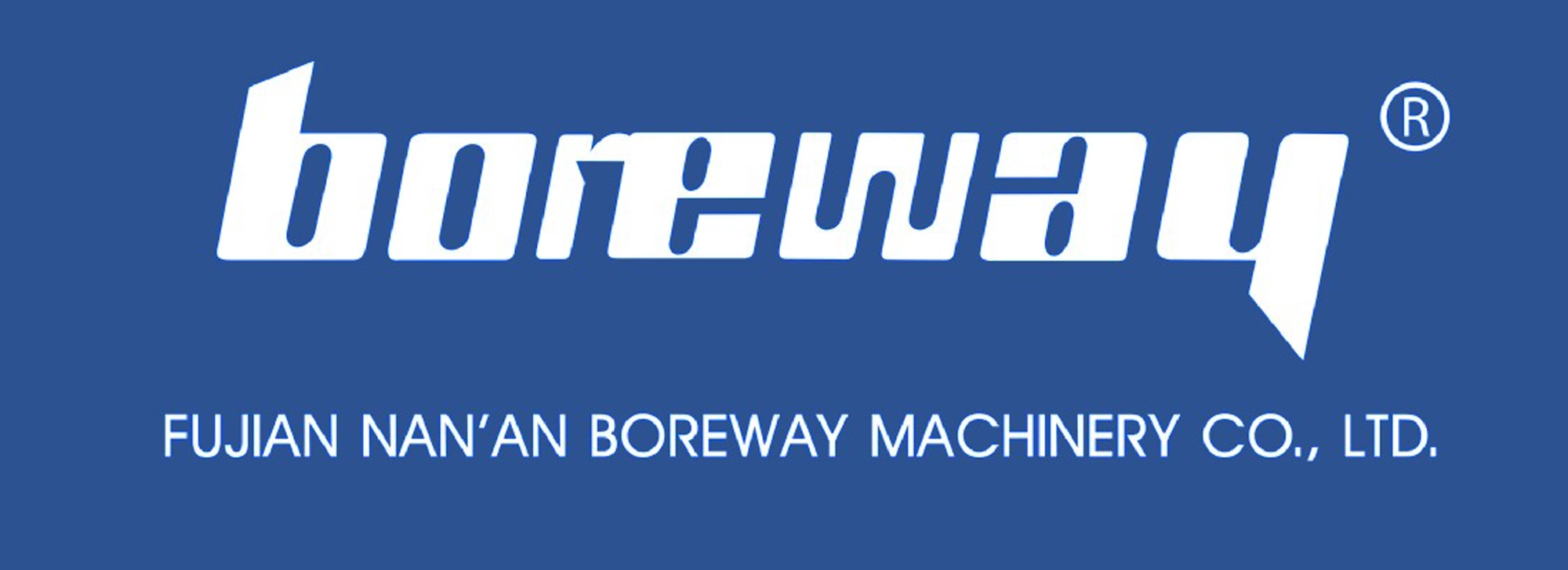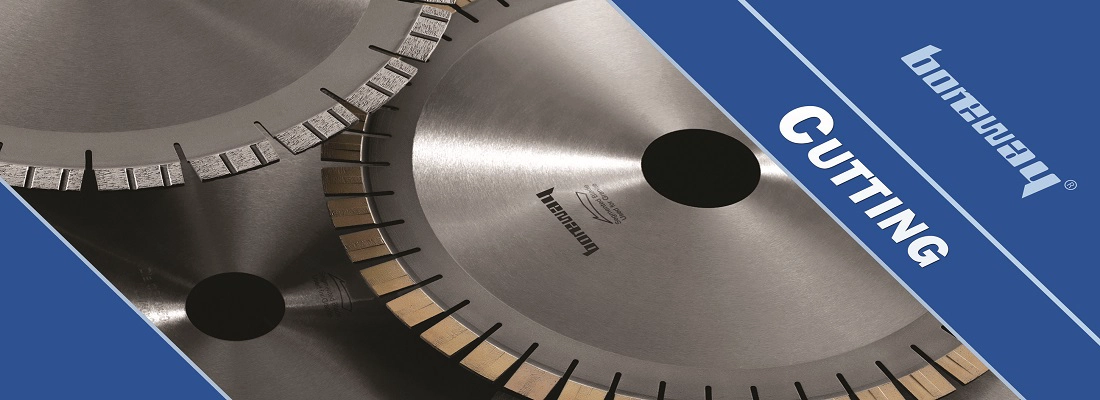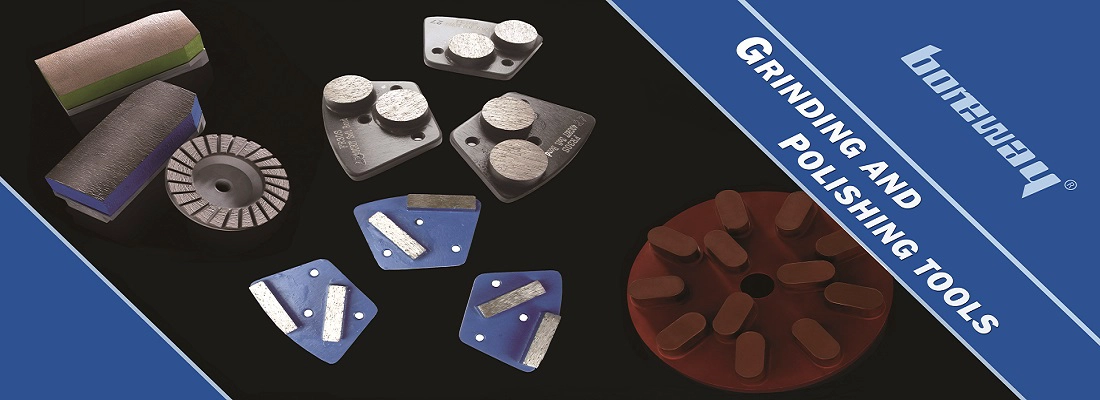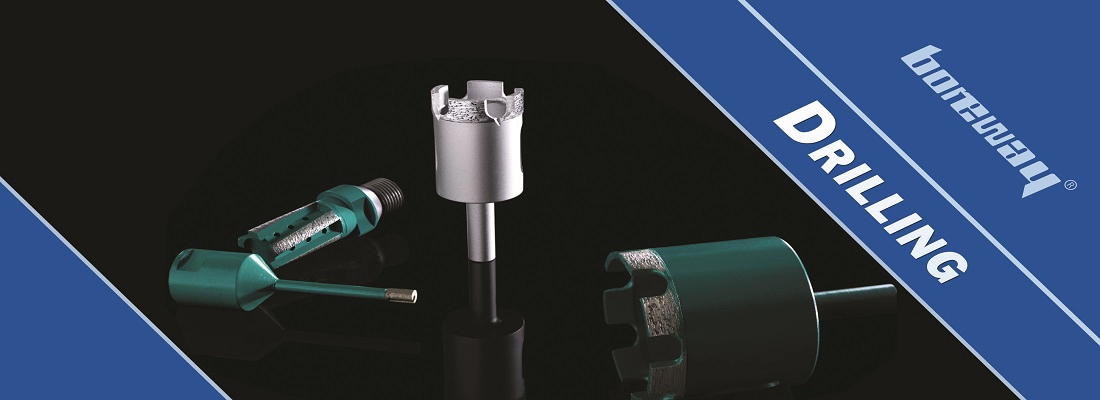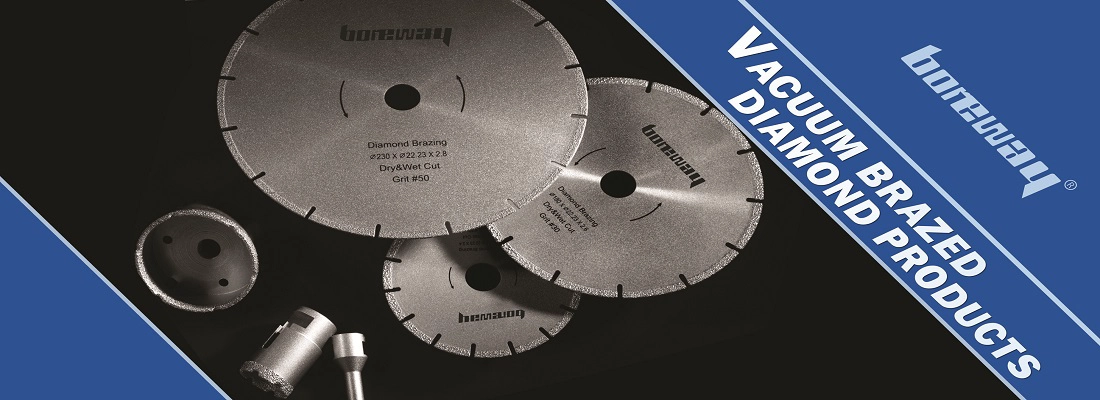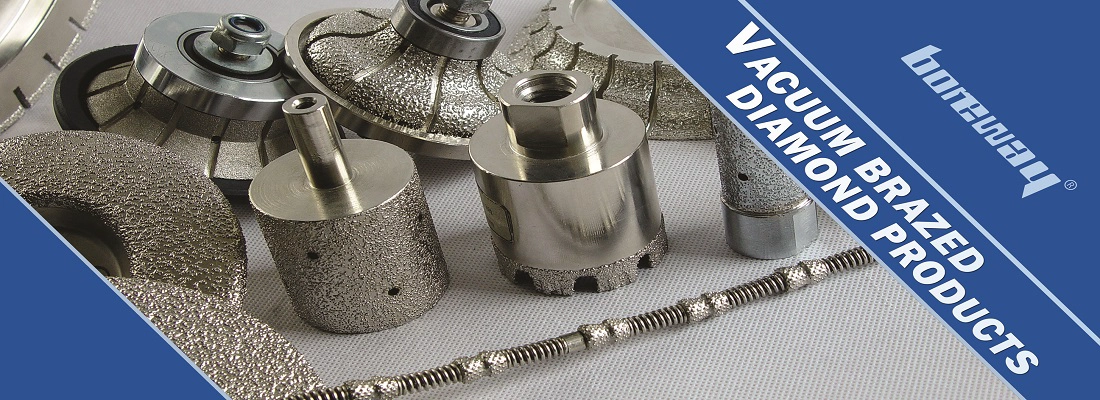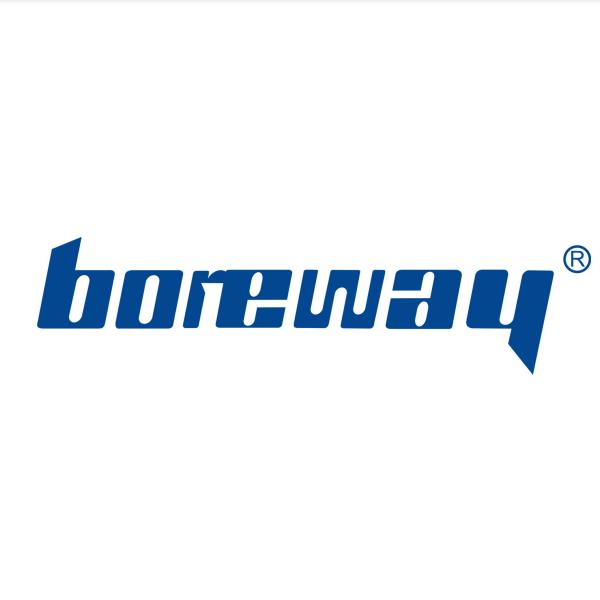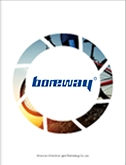Trump tax official landing which companies benefit most?
www. boreway. com
正在等待翻译……
2017-12-27 19:17:44
Last Friday (December 22), Trump's formal signing of the tax bill meant that the tax code was officially implemented. This tax reform has benefited companies from all walks of life in the United States to a range of benefits, from architecture to healthcare.
Martin Sullivan, chief economist of the nonprofit Tax Analysts, said: "Under the general rule of thumb, companies are basically doing pretty well under the bill. Why? When you give a trillion US corporate tax relief, it is difficult to create a lot of losers. "
As the market generally expected tax reform, the profits of US companies will soar, so after the tax reform successfully passed the soaring US stocks.
The new tax bill reduced U.S. corporate tax from 35% to 21%. A one-time low tax on U.S. companies that have been stranded abroad for a long time, thus avoiding the need for them to pay higher tax rates under the existing law. These measures are big bonuses for U.S. companies.
In addition, the tax reform gave an unexpected reward to individual business owners who paid personal income tax on business profits. The bill allows such companies to remit all the expenses of new equipment. And this dividend is most vividly demonstrated in individual industries such as craft breweries and breweries.
Among the industries that received tax deductions and benefits, the financial services industry and retail industry ranked the first among the tax cuts respectively.
Tax relief purposes
According to an analysis of the University of Pennsylvania budget model, from 2018 to 2027, tax cuts of up to 261.5 billion U.S. dollars can be found across manufacturers. Among the industries that are most fortunate are the number of insurance companies and retailers, which amount to 244.4 billion U.S. dollars and 171.4 billion U.S. dollars respectively.
The purpose of reducing the corporate tax burden is to allow companies to free up capital to invest in construction, equipment and hiring to boost the economy and thus benefit workers. However, some mainstream economists doubt whether workers will benefit from the lower tax burden on the business.
High tax burden on the retail industry
Proponents of the Republican Revenue Act point out that 35% of corporate taxes in the United States were among the tallest in the developed economies, but the tax laws were full of loopholes and in fact few companies would honestly pay such high taxes. Even without the new tax law, the limited corporate tax in all sectors next year is only 21.2%.
But in fact, not all industries are full of corporate tax loopholes. For example, in the absence of a new tax law, retailers will have to pay corporate tax of up to 27.5% in 2018. Under the new tax law, they only pay 15.6%.
Matthew Shay, chief executive of the National Retail Federation, said: "The tax bill is a major move for retailers, who have traditionally paid almost all taxpayers in the retail industry tax."
Matthew Shea said tax relief will help retailers speed up their investments in e-commerce and mobile technology. He also predicted that the bill will attract foreign retailers to invest in the United States.
Without a tax reform bill, finance and insurance companies will need to pay 26.1% effective corporate tax next year, but now pay only 14.3%. Goldman Sachs analysts estimate that the tax law will boost the stock returns of big banks by 13% next year. The biggest beneficiary will be Wells Fargo, whose Goldman Sachs estimates that its 2018 earnings per share will be 18%.
Multinational technology companies
In addition, technology companies such as Apple Inc. and Google Inc., the parent company of Alphabet Inc., stockpile vast amounts of money overseas and under the new tax law these companies may benefit from the new tax laws that can transfer money back to China.
Under the original tax code, companies only need to pay taxes under US corporate taxes on their overseas profits, so they can reduce their tax burden if they transfer money to the United States.
According to Moody's Investors Service, these tech companies have retained substantial profits overseas - reaching $ 669 billion at the end of last year.
After the tax reform, these companies levied a one-time low tax - 15.5% of the cash or other current assets gains and 8% of hard-to-sell assets. This means that tech companies need less tax burden by simply transferring profits to the United States.
But their employees may be happy for no reason as the return of funds to the United States does not mean their paycheck up - Scott Kessler, an analyst at investment firm CFRA, predicts that technology companies will use most of the repatriation Money back and forth to buy shares, and pay dividends to shareholders.[{1}]
Martin Sullivan, chief economist of the nonprofit Tax Analysts, said: "Under the general rule of thumb, companies are basically doing pretty well under the bill. Why? When you give a trillion US corporate tax relief, it is difficult to create a lot of losers. "
As the market generally expected tax reform, the profits of US companies will soar, so after the tax reform successfully passed the soaring US stocks.
The new tax bill reduced U.S. corporate tax from 35% to 21%. A one-time low tax on U.S. companies that have been stranded abroad for a long time, thus avoiding the need for them to pay higher tax rates under the existing law. These measures are big bonuses for U.S. companies.
In addition, the tax reform gave an unexpected reward to individual business owners who paid personal income tax on business profits. The bill allows such companies to remit all the expenses of new equipment. And this dividend is most vividly demonstrated in individual industries such as craft breweries and breweries.
Among the industries that received tax deductions and benefits, the financial services industry and retail industry ranked the first among the tax cuts respectively.
Tax relief purposes
According to an analysis of the University of Pennsylvania budget model, from 2018 to 2027, tax cuts of up to 261.5 billion U.S. dollars can be found across manufacturers. Among the industries that are most fortunate are the number of insurance companies and retailers, which amount to 244.4 billion U.S. dollars and 171.4 billion U.S. dollars respectively.
The purpose of reducing the corporate tax burden is to allow companies to free up capital to invest in construction, equipment and hiring to boost the economy and thus benefit workers. However, some mainstream economists doubt whether workers will benefit from the lower tax burden on the business.
High tax burden on the retail industry
Proponents of the Republican Revenue Act point out that 35% of corporate taxes in the United States were among the tallest in the developed economies, but the tax laws were full of loopholes and in fact few companies would honestly pay such high taxes. Even without the new tax law, the limited corporate tax in all sectors next year is only 21.2%.
But in fact, not all industries are full of corporate tax loopholes. For example, in the absence of a new tax law, retailers will have to pay corporate tax of up to 27.5% in 2018. Under the new tax law, they only pay 15.6%.
Matthew Shay, chief executive of the National Retail Federation, said: "The tax bill is a major move for retailers, who have traditionally paid almost all taxpayers in the retail industry tax."
Matthew Shea said tax relief will help retailers speed up their investments in e-commerce and mobile technology. He also predicted that the bill will attract foreign retailers to invest in the United States.
Without a tax reform bill, finance and insurance companies will need to pay 26.1% effective corporate tax next year, but now pay only 14.3%. Goldman Sachs analysts estimate that the tax law will boost the stock returns of big banks by 13% next year. The biggest beneficiary will be Wells Fargo, whose Goldman Sachs estimates that its 2018 earnings per share will be 18%.
Multinational technology companies
In addition, technology companies such as Apple Inc. and Google Inc., the parent company of Alphabet Inc., stockpile vast amounts of money overseas and under the new tax law these companies may benefit from the new tax laws that can transfer money back to China.
Under the original tax code, companies only need to pay taxes under US corporate taxes on their overseas profits, so they can reduce their tax burden if they transfer money to the United States.
According to Moody's Investors Service, these tech companies have retained substantial profits overseas - reaching $ 669 billion at the end of last year.
After the tax reform, these companies levied a one-time low tax - 15.5% of the cash or other current assets gains and 8% of hard-to-sell assets. This means that tech companies need less tax burden by simply transferring profits to the United States.
But their employees may be happy for no reason as the return of funds to the United States does not mean their paycheck up - Scott Kessler, an analyst at investment firm CFRA, predicts that technology companies will use most of the repatriation Money back and forth to buy shares, and pay dividends to shareholders.[{1}]

